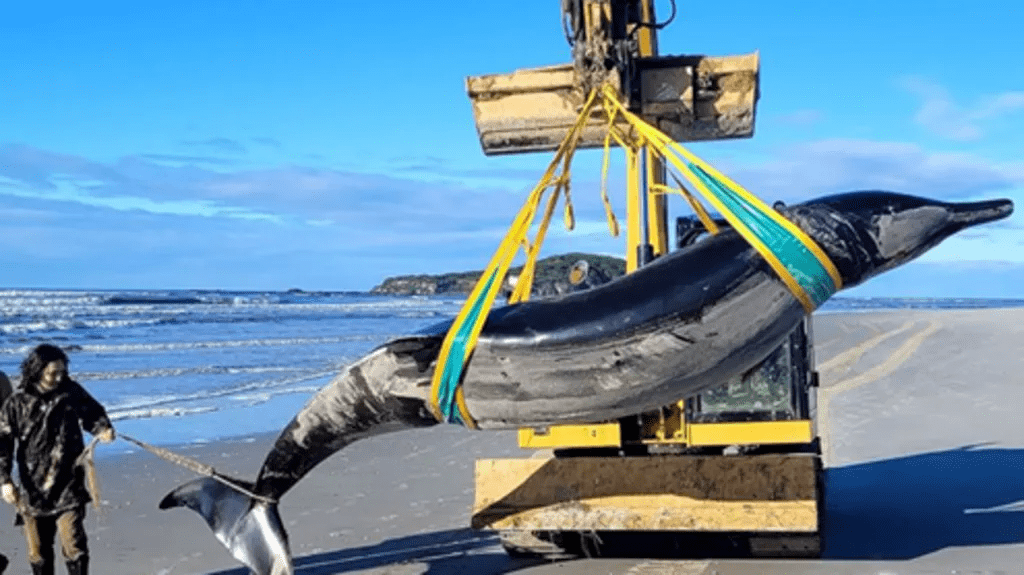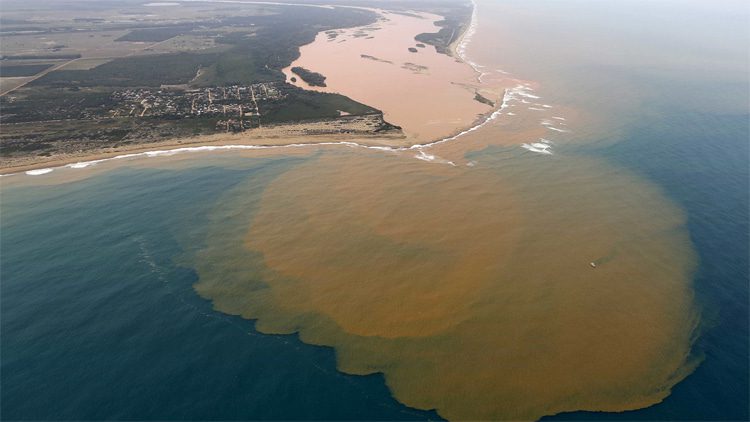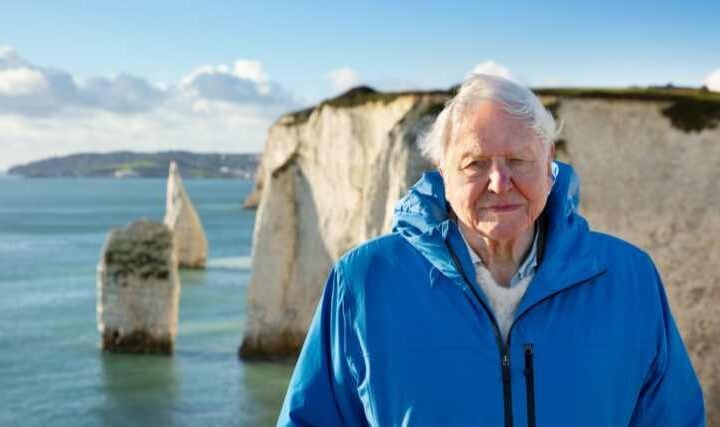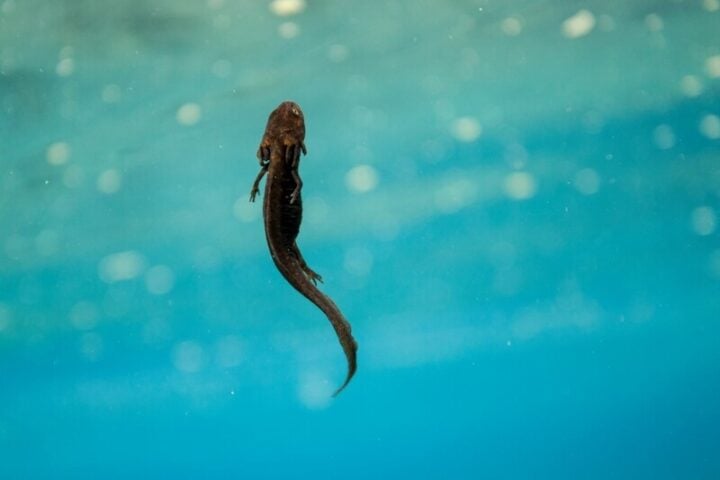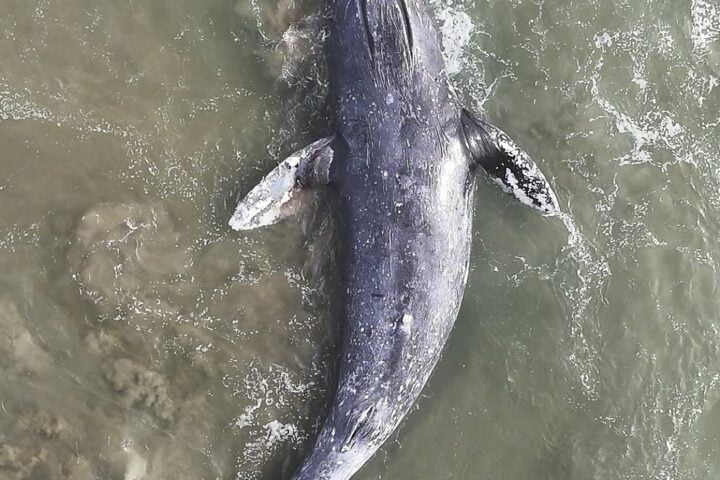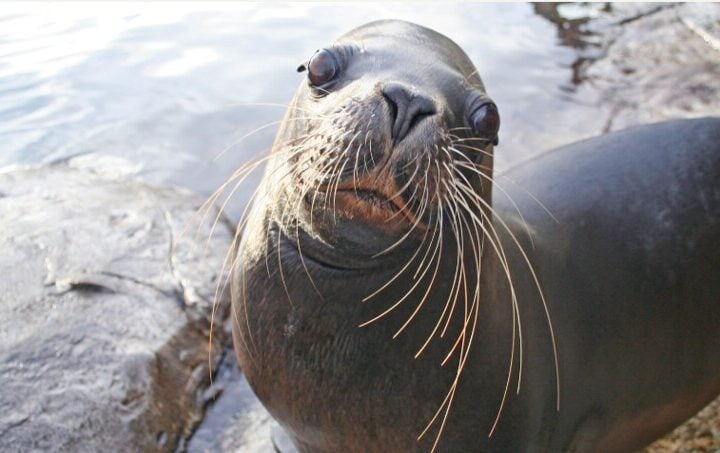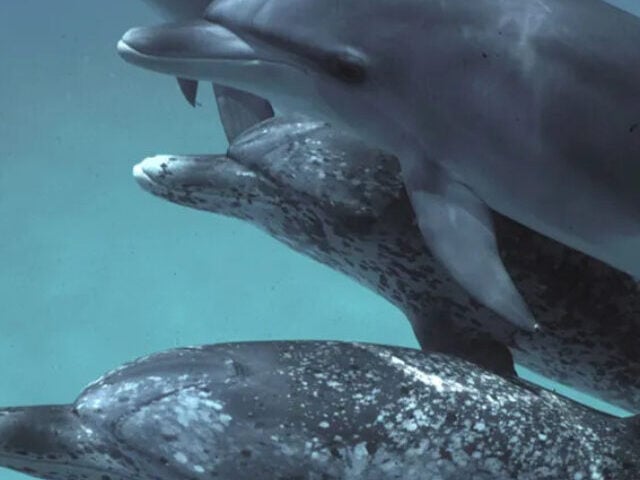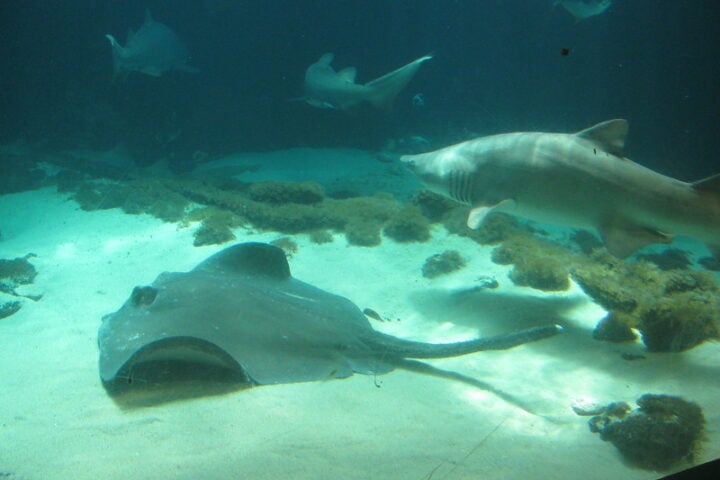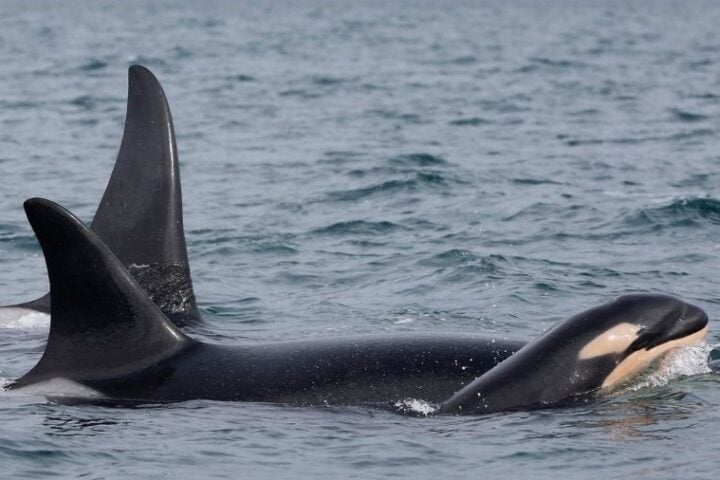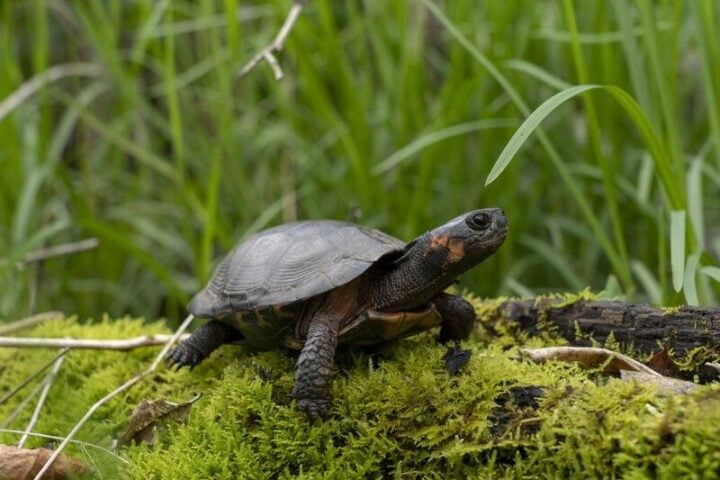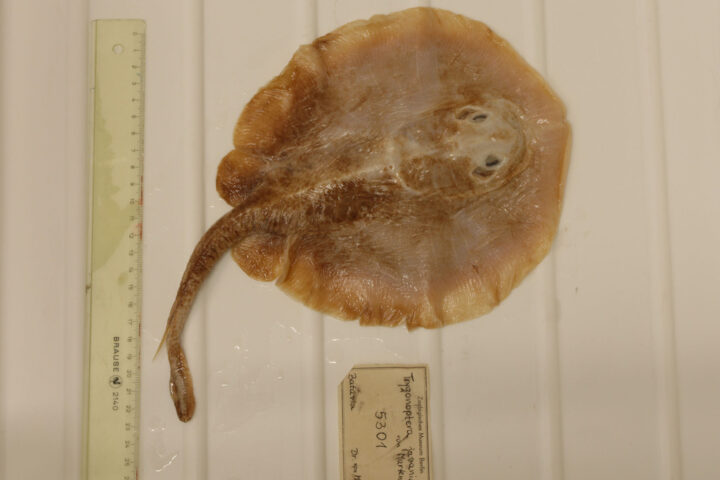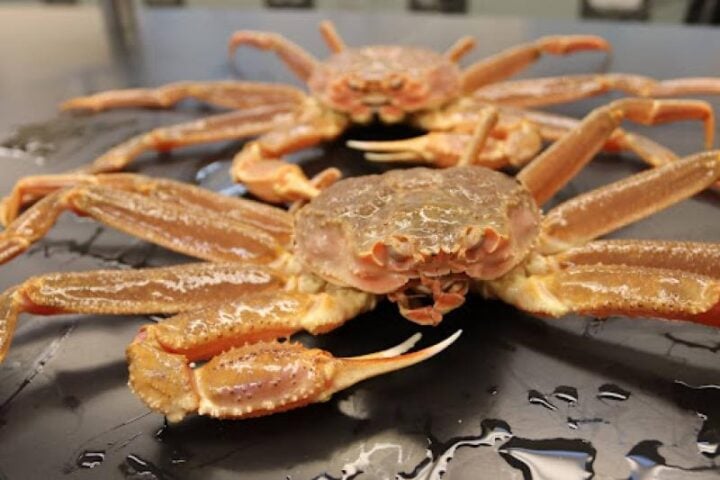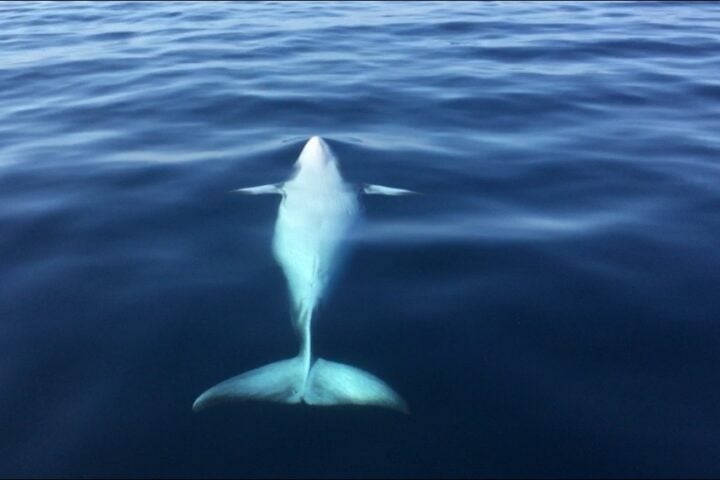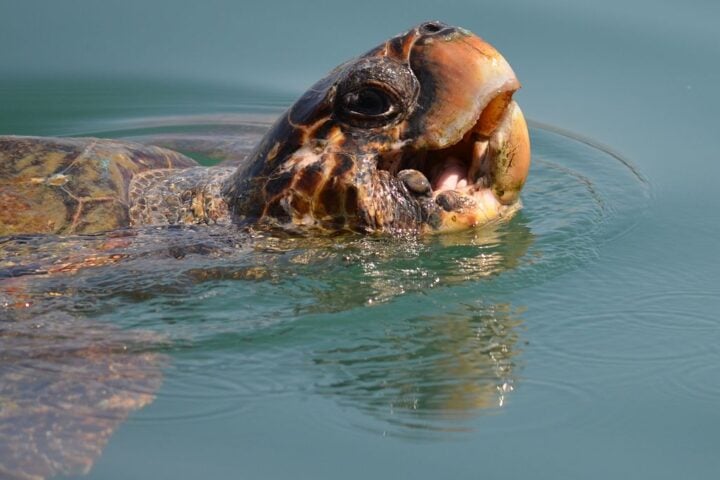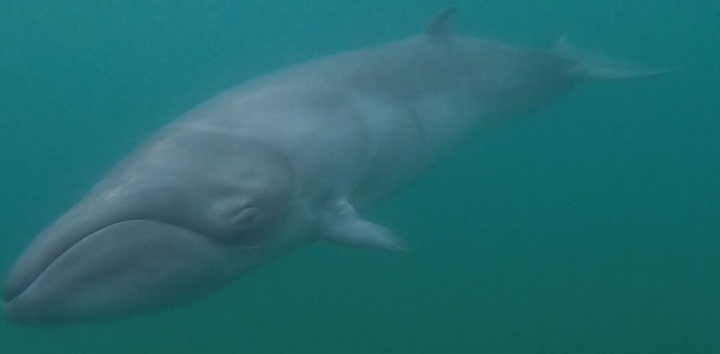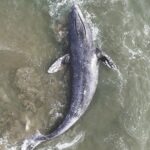A mysterious dead whale has washed up on a New Zealand beach. It likely belongs to the world’s rarest cetacean species. If confirmed, researchers could dissect the species for the very first time. The whale, measuring 16.5 feet long, was found on July 4 on the shore near Taiari Mouth—a village in the Otago region of New Zealand’s South Island.
Researchers from the Department of Conservation (DOC) and the Museum of New Zealand Te Papa Tongarewa believe the animal is a spade-toothed whale (Mesoplodon traversii). Spade-toothed whales belong to a group known as beaked whales, which resemble a mix between whales and dolphins. Beaked whales are the deepest-diving mammals on Earth and can hold their breath for hours, making them extremely difficult to find and track.
Similar Posts
If confirmed, this newly washed-up whale will be the sixth known spade-toothed specimen found in the last 150 years, of which only two others have been fully intact. To date, there have been no confirmed live sightings of the species. Gabe Davies, a DOC coastal operations manager for Otago, said, “Spade-toothed whales are one of the most poorly known large mammalian species of modern times. From a scientific and conservation point of view, this is huge.”
The recovered remains have been sent to the University of Auckland for analysis. The remains are currently being preserved in cold storage. It would take “several weeks or months” to analyze the DNA samples of the species. Generally, these whales are so elusive that they have never been seen alive. The newfound specimen will give scientists a rare chance to study creatures we know next to nothing about.
The first spade-toothed whale bone ever recovered was a lower jaw bone found on New Zealand’s Pitt Island in 1873. At that time, the new species was named Dolichodon layardii. In short, an ultra-rare whale never seen alive has washed up on a New Zealand beach—and scientists could now dissect it for the first time.
